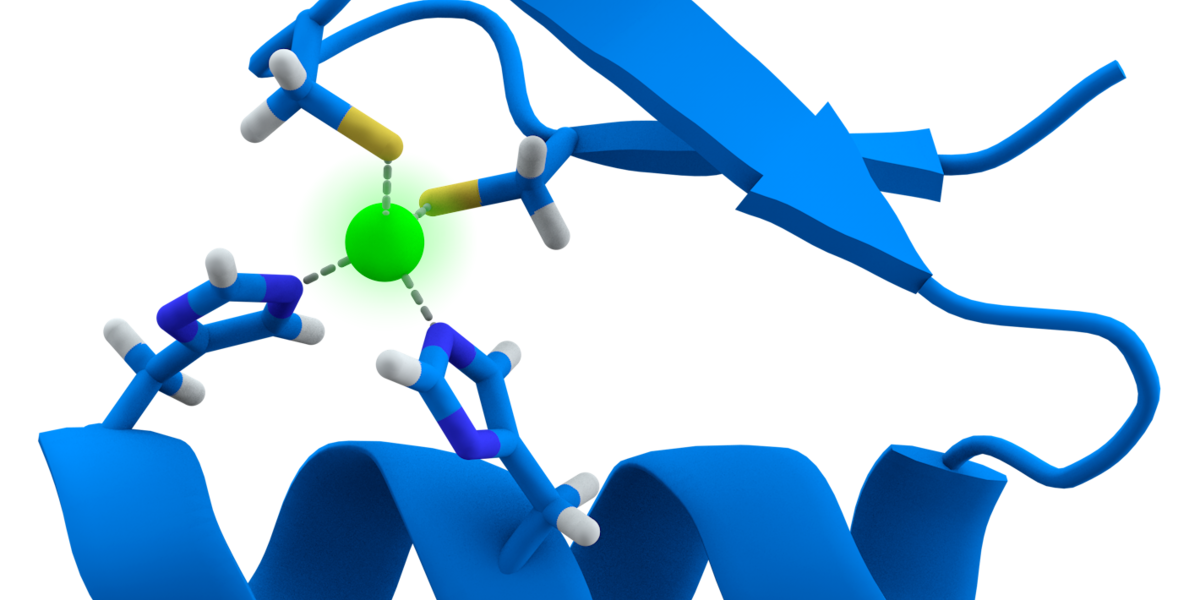
Researchers have detected early changes in brain scans and biomarkers in young people with the Huntington’s disease gene, 20 years before symptoms are predicted to appear. These findings could help develop medicines to treat HD earlier in life.

Scientists have used powerful microscopes to look at sticky fragments of the Huntington’s disease protein, shedding light on these structures which are thought to drive the disease

Researchers have updated the system that classifies Huntington’s disease progression. Tracking progression in 4 stages will make clinical trial screening and data interpretation easier and faster, and pave the way for pre-symptomatic trials.

A new imaging tool means that scientists can now directly measure the levels of the toxic huntingtin protein in animal models of Huntington’s disease, letting us see how well huntingtin lowering therapies are working in their brains

Exciting new Huntingtin Lowering work from @SangamoTx and @CHDIfoundation using "Zinc Fingers" to shut down expression of the mutant Huntingtin gene. More details on this exciting new technique here.

HDBuzz reports from the annual Huntington’s disease therapeutics conference in Palm Springs

A new book for researchers describes a century of HD anatomy and presents evidence that HD affects the whole brain.

New research reveals blood vessel changes that could contribute to problem in HD

New observations suggest that the brains of HD mutation carriers consume energy differently. Do we care? (Yes!)